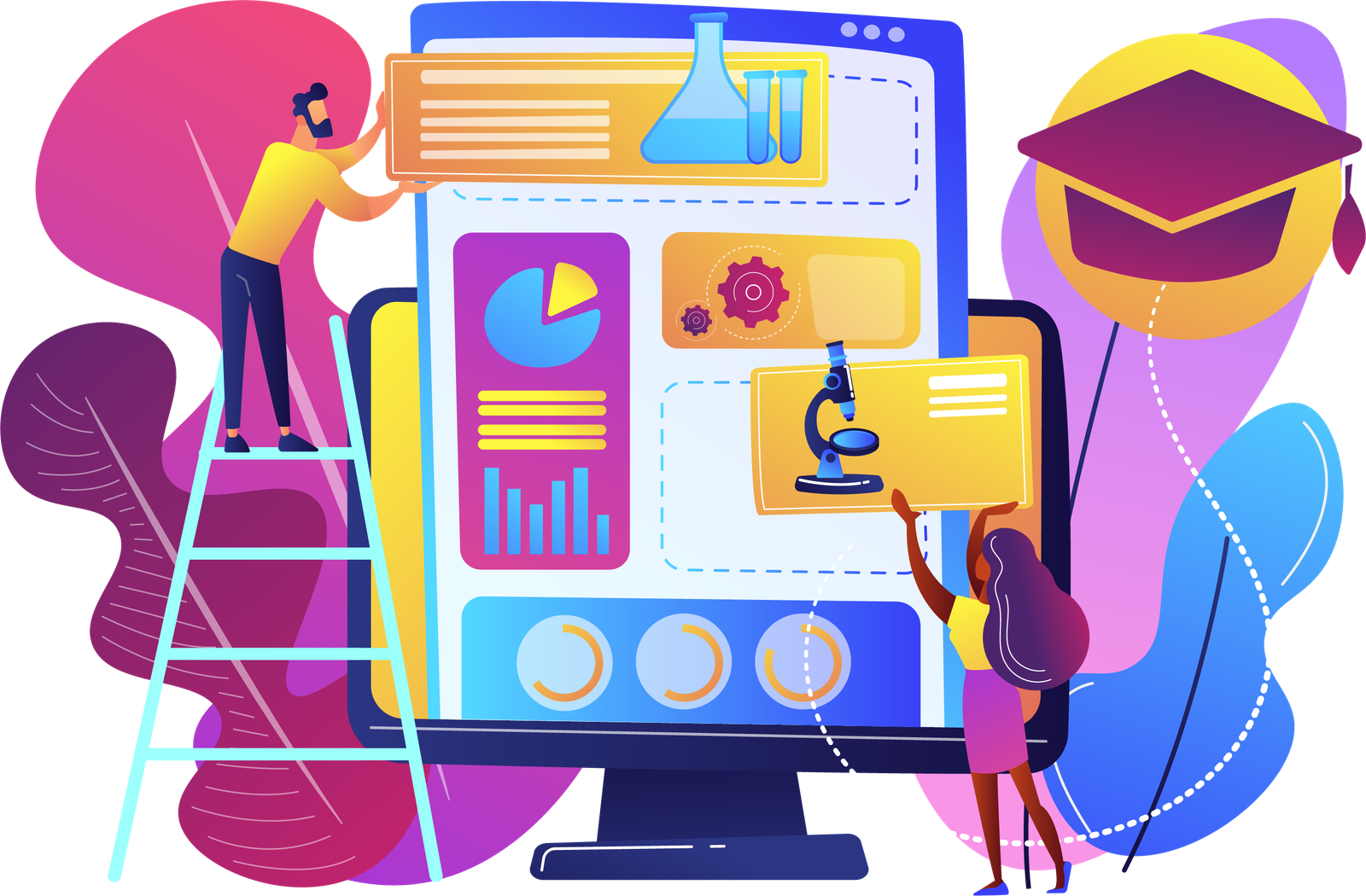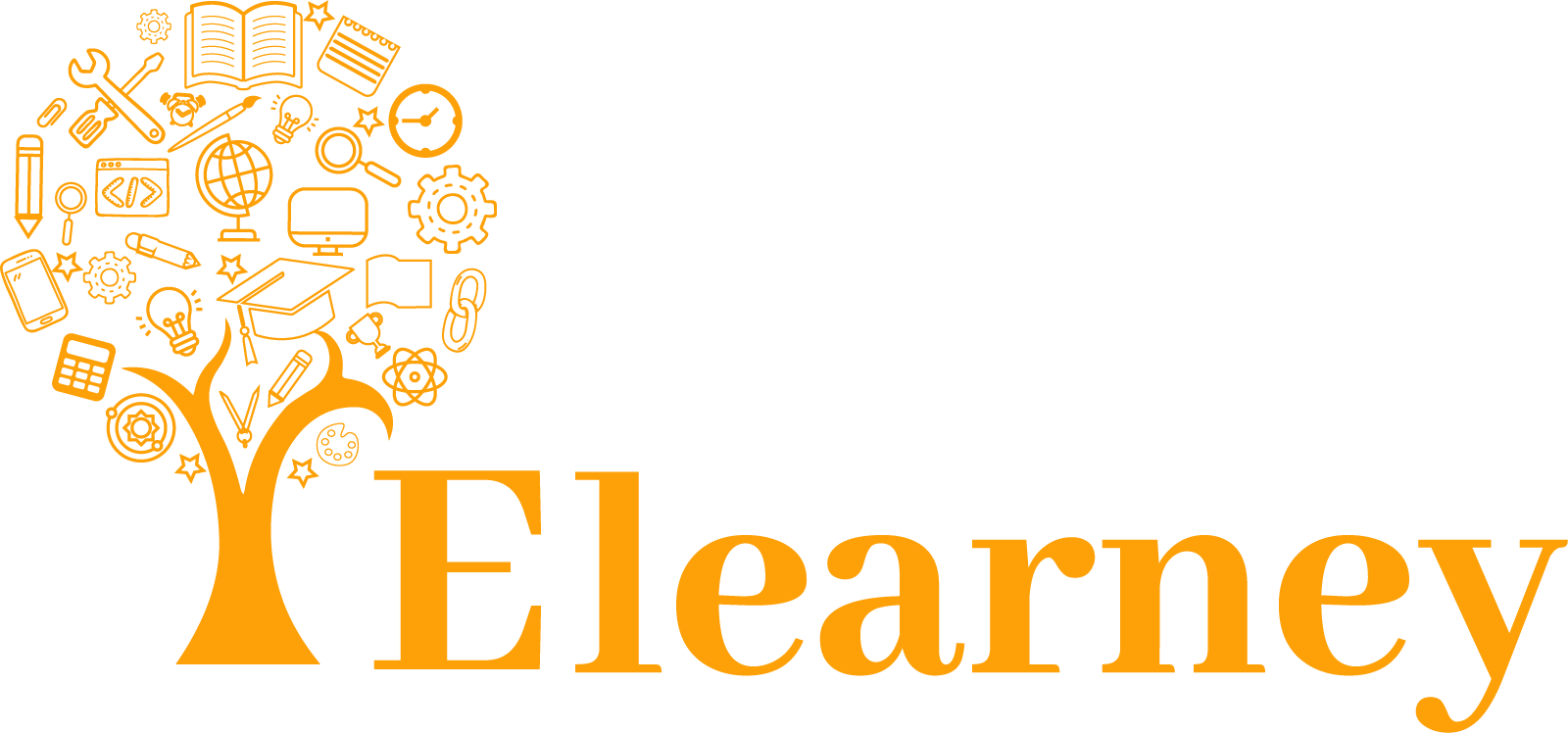
Effective Strategies for LMS Consultation and Implementation
- By admin
Say goodbye to the old ways of creative thinking and hello to the digital agency revolution! Creativity has never been this fun and exciting. Let’s dive in and explore the world of limitless possibilities through the eyes of digital experts!
Effective Strategies for LMS Consultation and Implementation
Effective consultation and implementation of Learning Management Systems (LMS) demand a comprehensive approach that begins with a thorough assessment of organizational needs and goals. This entails engaging stakeholders across various departments and levels to gather insights into the desired functionalities and outcomes of the LMS. By establishing clear and measurable goals that align with the organization’s strategic objectives, it sets the foundation for a successful implementation process.
Stakeholder engagement and communication are crucial throughout the consultation and implementation phases. Involving key stakeholders such as administrators, instructors, IT staff, and end-users fosters collaboration and ensures that diverse perspectives are considered. Open lines of communication facilitate regular updates, feedback gathering, and addressing concerns, thereby securing stakeholder buy-in and support throughout the implementation journey.
Selecting the right LMS vendor is a critical decision that requires thorough research and evaluation. Organizations should assess vendors based on factors such as functionality, scalability, ease of use, technical support, and cost. Demos, interviews, and references from other organizations help assess the vendor’s track record and suitability. Once a vendor is selected, close collaboration is essential to customize and configure the LMS to meet specific organizational needs and preferences. Customization includes tailoring features, layouts, and branding to align with organizational goals and enhance user experience.
Training and professional development play a pivotal role in ensuring LMS adoption and proficiency among administrators, instructors, and end-users. Offering comprehensive training sessions, workshops, and tutorials familiarizes users with the platform’s features and functionalities. Ongoing support and resources are provided to address questions, troubleshoot issues, and promote continuous learning and skill development.
Pilot testing with a small group of users allows organizations to identify and address any issues or challenges before full-scale implementation. Feedback gathered from pilot testers helps assess the usability, functionality, and effectiveness of the LMS, guiding necessary adjustments or refinements. Continuous monitoring and evaluation are essential to track key performance indicators (KPIs) such as user engagement, course completion rates, and learner satisfaction. Data analytics and reporting tools provide insights for data-driven decision-making and continuous improvement initiatives.
Finally, fostering a culture of continuous improvement and innovation ensures that organizations remain adaptive and competitive in the rapidly evolving e-learning landscape. Encouraging feedback, experimentation, and exploration of new features and functionalities within the LMS enables organizations to stay ahead of emerging trends and best practices, driving ongoing success and effectiveness in online education initiatives.


